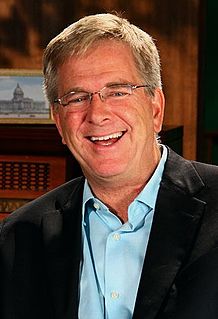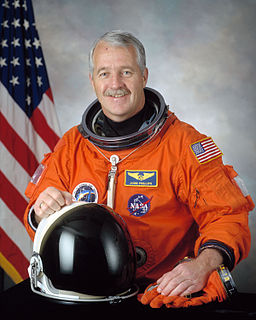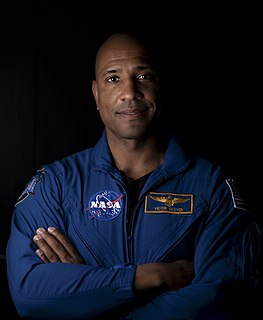A Quote by Gene Roddenberry
The Russians were responsible for the Chekov character. They put in 'Pravda' that, 'Ah, the ugly Americans are at it again. They do a space show, and they forget to include the people who were in space first.' And I said, 'My God, they're right.'
Related Quotes
When Russians were having troubles, the Space Shuttle supported the Space Station Mir bringing up much needed supplies and replacements, critical spares, really. That they were able to keep their space station going for much longer than they would have without us. So, I think that shows the value of international cooperation.
It's fascinating as we continue to innovate and lead the way in both the application space and the database space. In the very beginning, people said you couldn't make relational databases fast enough to be commercially viable. I thought we could, and we were the first to do it. But we took tremendous abuse until IBM said, "Oh yeah, this stuff is good."
I would like travelers, especially American travelers, to travel in a way that broadens their perspective, because I think Americans tend to be some of the most ethnocentric people on the planet. It's not just Americans, it's the big countries. It's the biggest countries that tend to be ethnocentric or ugly. There are ugly Russians, ugly Germans, ugly Japanese and ugly Americans. You don't find ugly Belgians or ugly Bulgarians, they're just too small to think the world is their norm.
Intellectually, perspective [drawing] is a breakthrough, because here, for the first time, the physical space we live in is being depicted as ifit were an abstract, mathematical space. A less obvious innovation due to perspective is that here, for the first time, people are actually drawing pictures of infinities.
In America, we have no means of getting to our own Space Station. We have to pay the Russians to put our people up there to send them into space - rendezvous with the Station and bring them back at the end of their stay, and that to me is just wrong. We're supposed to be the world's greatest space-faring nation, and to cancel our own means of getting there I thought was a mistake, even though it would save some money.



































